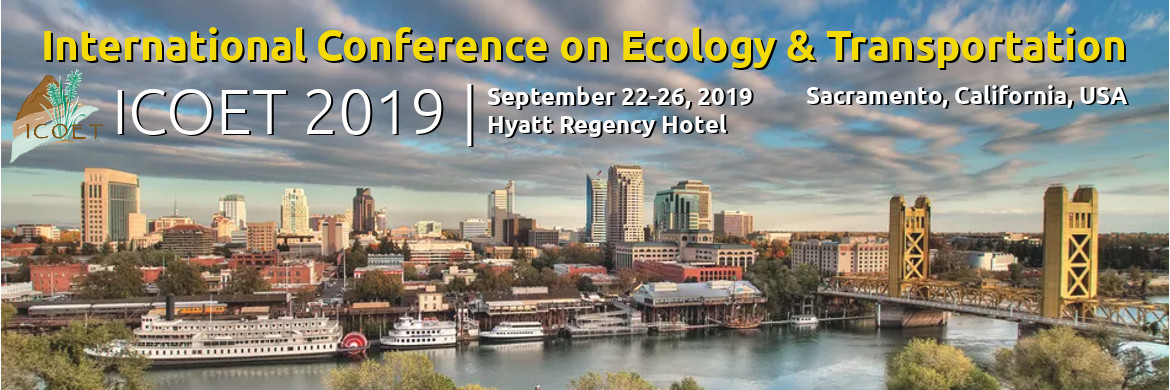In the face of climate change and its disproportionate effect on urban populations, mitigation planning must not only address multiple scales of threatened and endangered species and their habitats, but also must focus on the needs of humans in urban environments. Urban transportation projects often fail to consider the context of sustainability, resilience, public health, and social justice. We present a comprehensive framework for advancing both habitat/species and ecosystem service mitigation within the urban setting while also considering the diversity of human communities and their place-based needs and cultural identity. Thus, our focus is on key ecosystem services, including biodiversity, carbon, and other less tangible services of the urban Natural Capital in the context of sustainability, social justice, and emerging ecosystem markets. We discuss the spatial scale, methods for consistent calculation of ecological functions and ecosystem service credits and debits, the necessary stakeholder participation, and additional planning steps required in an integrated framework to urban mitigation planning. We provide a suite of metrics that can be measured, credited, and traded within the relevant ecosystem service markets that exist today. Finally, we show there are a great many synergies for community-level benefits if we consider the larger context of ecosystem services across the urban landscape. The resulting integration represents an effective and scaled mitigation program that fully complies with regulatory requirements but at the same time strengthens neighborhoods' resilience to climate change, socioeconomic development, cultural sense of place, and access to the benefits of nature.
Mitigation for Transportation Projects
Ecosystem services
urban mitigation
carbon sequestration
social justice
